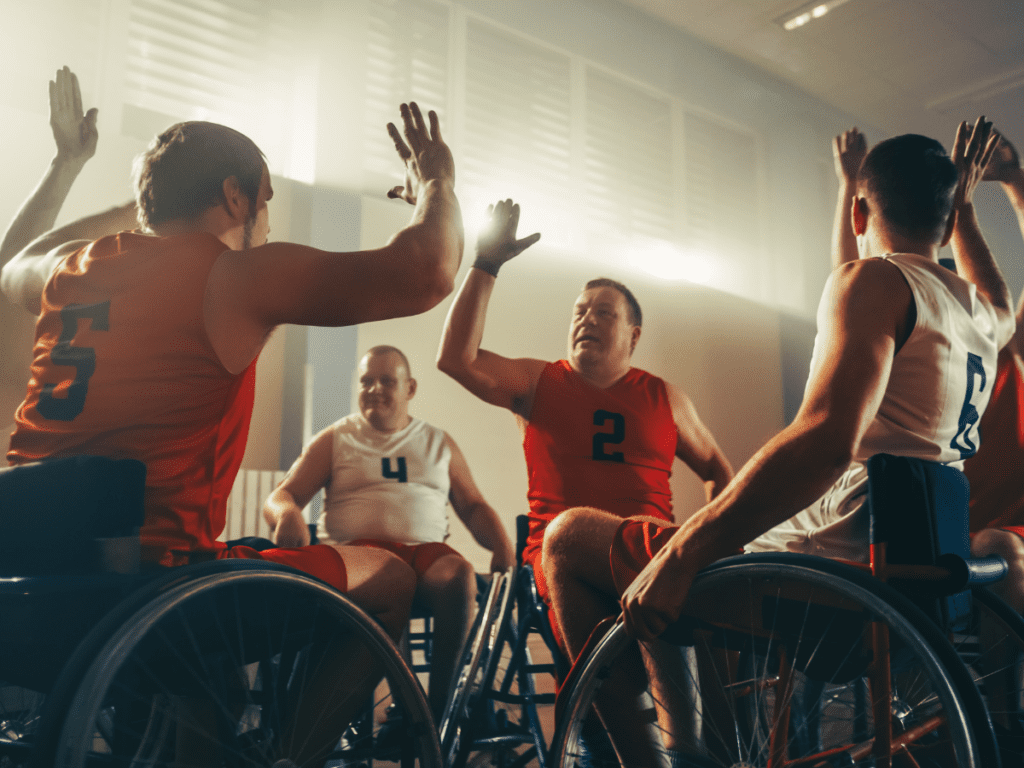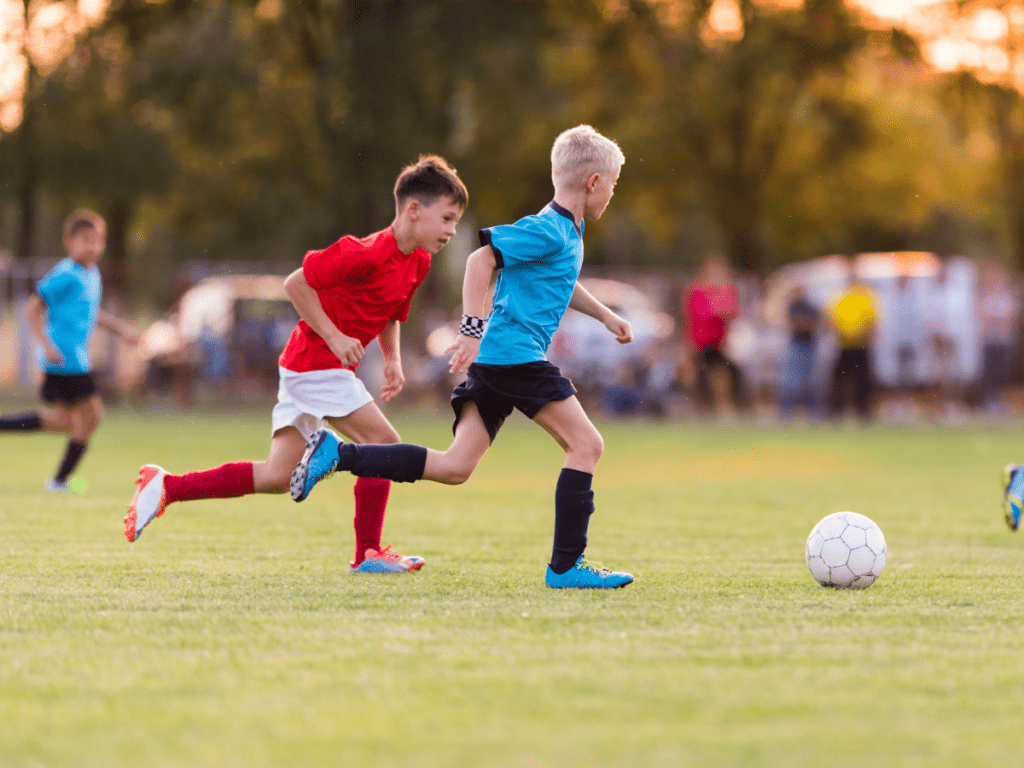Toolkit: Mastering the Art of Evaluation

Every success story is a tale of constant adaptation, revision, and change.Richard Branson Evaluation is as an essential organizational practice in the sport sector. However, many stakeholders do not receive sufficient training or the time, funding, or staffing to engage in evaluative work. While many organizations struggle with these challenges, increasing demands for accountability and…
Three recommendations for sport organizations when engaging in evaluation

The sport sector considers evaluation an essential organizational practice. Through evaluation, sport organizations can gain insights and solicit feedback about their programs. Evaluation can also inform decision-making, guide program improvements, and build stakeholders’ value and advocacy for programming (Holt et al., 2016; Shaikh et al., 2020). Despite its value, evaluation also challenges many sport decision-makers,…
Creating a “fun” sport environment
Reflecting on how to create a “fun” atmosphere for girls and young women, a participant in an evaluation of the Keeping Girls in Sport online training commented, “Coaches take this as ‘we have to play games all the time and never push the girls outside of their comfort zone.’ Once girls love a sport, being…
Volunteer-led evaluation
Sport organizations can benefit from including volunteers in program evaluation. For instance, volunteers are likely to have an intimate knowledge of how the organization functions. Given their diverse backgrounds and experiences, volunteers can also aid in bridging the gap between communities and universities for the benefit of the sport sector.
Building capacity for evaluation with students and volunteers

An essential part of improving sport service delivery is program evaluation. Program evaluation allows sport organizations to understand how their programs or initiatives work in different ways. However, many organizations receive insufficient training or lack the capacity (staff, funding or time) to engage in evaluative work (Carman & Fredericks, 2010). One way that sport organizations can boost capacity for evaluation is to involve students and volunteers. Indeed, there are many examples of graduate students partnering with…
The Operationalizing Intersectionality Framework
The Operationalizing Intersectionality (OI) Framework provides guidance for putting intersectional approaches into practice. Visualized as a wheel, the OI Framework identifies four points of traction: (1) Learning, (2) Harm Reduction, (3) Accountability & Transparency, and (4) Transformation. Learn about how you can apply these concepts to improve programs, policies, and spaces in the SIRC blog.
Blog Writing: A Powerful Tool for Student Learning and Mobilizing Sport Research

This blog introduces a new blog series written by students in the ‘Program Evaluation in Professional Practice’ and ‘Child and Youth Work in Community Recreation’ courses at Brock University. Drawing on research evidence and their own experiences, students in both classes wrote blogs focused on the application of course-related concepts, such as how to implement…
Build It Up, Knock It Down: My Journey with Program Evaluation in a Para Sport Organization
This blog is part of a series in collaboration with Brock University. Written by a student in the ‘Program Evaluation in Professional Practice’ course, this blog details a student’s first-hand experience conducting a program evaluation during a placement with the Brock Niagara Penguins. The blog aims to provide reflections and best practices for sport stakeholders…
Movement-based approaches to program evaluation with children

This blog is part of a series in collaboration with Brock University. Written by a student in the ‘Program Evaluation in Professional Practice’ course, this blog draws on a student’s first-hand experience conducting a program evaluation during a placement with the Bounce Back League. In this blog, Ashley Romano, a 4th year undergraduate student, offers…
Expertise for program evaluation
According to an Ontario Nonprofit Network report, 86% of non-profits do not have staff with experience or expertise designing and implementing program evaluations. In the SIRCuit, MLSE LaunchPad describes their evaluation approach, and shares insights to help build sport organization capacity to engage youth participants in evaluation activities.